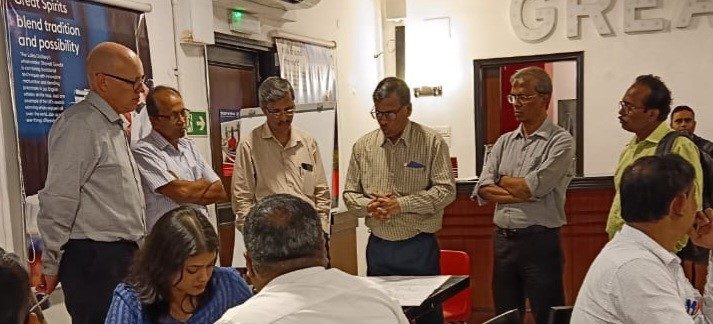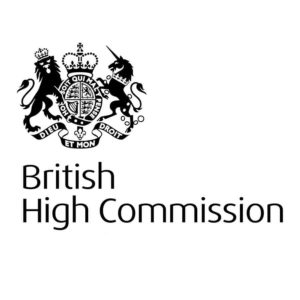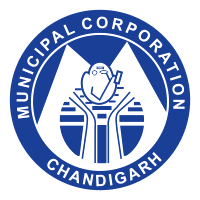
Enhancing Low Emission Zones (LEZ) in Indian Cities
Case Study
Project Overview
Cenex worked in partnership with four Indian cities to share learning on low-emission zones and develop a tool kit to support cities in reducing transport-related pollution. This project is part of the UK Government’s Partners in Accelerated Climate Transition programme – UK PACT.
Cenex worked with city officials in Pune, Chennai, Kolkata, and Chandigarh to understand the challenges and needs of the cities and to co-create a self-help toolkit on low-emission zones (LEZ). The toolkit drew upon the experience of the UK and the cities of London, Bristol and Oxford in implementing low and zero emission zones.
The overarching objective is to reduce transport-related air pollution levels while aligning with India’s Net Zero emissions goals.
The Challenge
Provide guidance and support to enable Indian cities to establish low-emission zones.
Development of a LEZ Implementation Toolkit
- a) Generic Guidelines: This section offers a holistic set of guidelines for establishing LEZs, drawing from the lessons learned from UK cities. Topics covered included creating a strategic rationale, defining operational requirements, assessing the potential impact of LEZs, and promoting behaviour change.
- b) City-Specific Roadmaps: Recognising the diversity and unique challenges faced by Indian cities, this part of the toolkit provides city-specific recommendations tailored to the needs of each participating city. These recommendations were developed through a collaborative effort that included virtual consultations and one in-person workshop.
Toolkit Workshop
Cenex organised in-person workshops which took place in the first half of October 2023. During these workshops, the draft toolkit and city-specific roadmaps were presented to all relevant stakeholders at the city level. The key purpose of these workshops was to elicit valuable feedback from local stakeholders. This feedback was instrumental in refining the toolkit and roadmaps for the effective implementation of LEZs in Indian cities.
Online Dissemination
Cenex ran an online dissemination and training event at the end of October 2023 to enable key City officials and stakeholders to have access to the toolkit.
The Result
The LEZ implementation toolkit, is a comprehensive resource consisting of guidelines and city-specific roadmaps for establishing Low Emission Zones in Indian cities.
Key recommendations in the city specific roadmaps included:
- Short term actions are required to test concepts and gain public support through the promotion of cleaner and more sustainable transport choices through interventions such as public awareness and education, traffic calming measures, vehicle movement restrictions, incentives for using newer and cleaner vehicles, better walking and cycling facilities and improvements to the public realm and green spaces.
- Longer term actions involve preparing for the implementation of LEZs that discourage the use of older and more polluting vehicles through restricting or charging a fee to enter a zone. This should be considered once the cities implement their integrated transport plans to ensure other, more sustainable transport options, are available as a viable alternative to city inhabitants.
- Interim work included developing a rational and evidence base for a LEZ though defining air quality targets, improving knowledge on which areas have the worse air quality and understanding their contribution from different types of transport. Then identifying the size of the zone and the transport types targeted for action and developing an impact assessment to ensure that strategies are fair and acceptable and can be implemented without disproportionately disrupting the activities of citizens and business.





